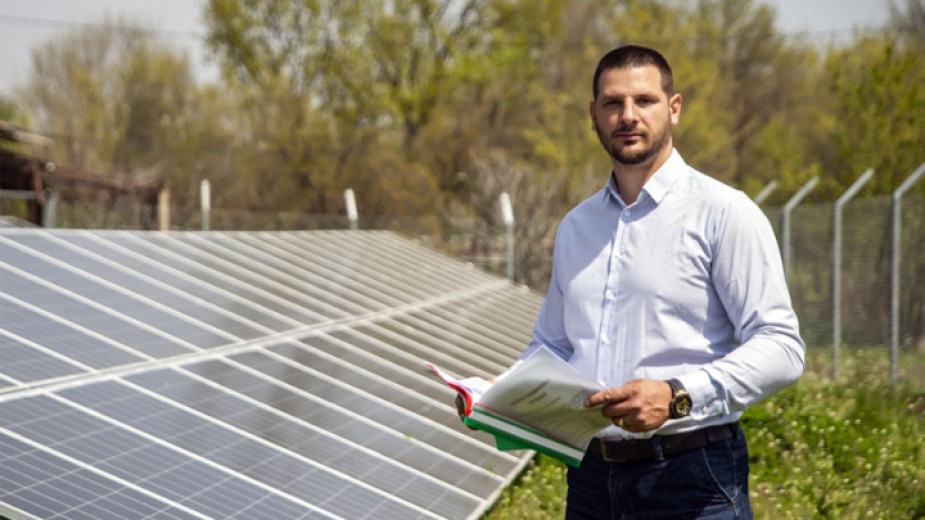The new higher prices of electricity that came into force at the beginning of this month have caused dissatisfaction among businesses. The simplest explanation behind the need for yet another rise is higher carbon prices, which are currently around and above 55 euros per ton.That is how electricity prices for the regulated market rose by an average of 4.4% and prices of heating rose by an average of 16.23%. The new prices and the 20% reduction in the purchase price of electricity from renewable energy sources has made a number of small and medium enterprises involved in building small photovoltaic power plants, united in the Bulgarian Solar Association, appeal against the decision taken by the Energy and Water Regulatory Commission. In an interview with BNR, its chairman, engineer VeselinTodorov, commented that preferential purchase prices of electricity from renewable sources was the only form of state aid that the sector received.

"At the backdrop of the great jump in the price of raw materials worldwide (iron, copper, glass, silicon, which are needed for the production of solar panels), a 20% reduction in the purchase price stops future investors who want to build small plants up to 30 kilowatts."
Reducing carbon emissions, breathing cleaner air, energy independence and predictability of the amount of energy produced and consumed are just some of the benefits of using renewable energy sources. However, this does not mean that these types of energy sources are easily accessible to those who want to use them:
"In Bulgaria, we still have purely administrative barriers that hamper people’s motivation for serious interest in green energy," Todorov says, comparing the requirements for photovoltaics in Germany to those in Bulgaria. "In Germany, each house or other building must have a certain percentage of photovoltaics on the roof to compensate for the electricity losses of the building. In Bulgaria, in order to place a solar panel on your roof, you must obtain permissionand pay excise duty tax for the energy produced.Obstacles are also caused by old laws, which have not been reformed. We need to allow the individual citizen to determine their own energy independence," Mr.Todorov adds.
Compiled by: Yoan Kolev
English: Alexander Markov
Photos: private library
Since the beginning of the current year, Bulgaria has experienced record heat waves, a series of devastating fires, and a new disaster just days ago – catastrophic floods that claimed human lives . Climate change already has its price – and it is..
Bulgaria will receive EUR 7.4 million in aid from the European Commission to support farmers affected by adverse production conditions in recent months, European Commissioner for Agriculture and Food Christophe Hansen told BTA and clarified that the..
In its "Economic Freedom of the World, 2025" ranking , the Canadian Fraser Institute gives Bulgaria a score of 7.13 out of a maximum of 10 points. This places the country 56th out of 165. It ranks between Greece and Thailand. In 2024, Bulgaria was 52nd..
The annual growth of Bulgaria's gross domestic product will remain above 3% in the period 2025-2027 , according to a report by commercial credit insurer..

+359 2 9336 661
